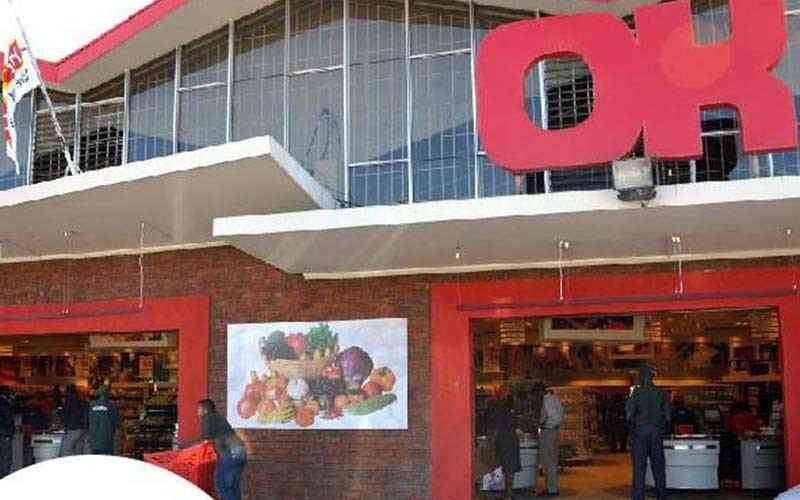
THE year 2023 saw Zimbabweans enduring another long year of a plethora of challenges as the economic terrain remained challenging, choking the general public and constraining the operating environment for companies.
Being an election year also came with its challenges including economic stagnation, speculation, and political violence among a plethora of challenges.
There was uncertainty with businesses taking a skeptical approach to long-term planning.
The operating environment remained challenging for businesses on the monetary policy front coupled with the continuous depreciation of the Zimbabwean dollar against the major currencies.
The disparities caused a headache for formal sector players in terms of indexing or pricing goods and services.
The year also saw cash flow challenges, high-interest rates in the Zimbabwean dollar as well as tight liquidity.
Global constraints triggered by the Russia — Ukraine war also had its toll on the Zimbabwean economy.
As Zimbabwe ends the year on the back of hyperinflation, low maize output, and run-away exchange rate, the Southern African country continues to have the worst inflation in the world.
- Village Rhapsody: Govt must ensure that devolution works
- Village Rhapsody: Govt must ensure that devolution works
- Currency crisis hits capital markets
- Budget dampens workers’ hopes
Keep Reading
This is contrary to government inflation statistics which according to Zimstart, annual inflation declined from 30,9% in June 2023 to 21,6% in November 2023.
The taxation base also remained challenging for ordinary Zimbabweans.
In his 2024 budget, Finance Minister Mthuli Ncube introduced several taxes and levies.
For instance, he reviewed the strategic reserve levy by US$0,03 and US$0,05 per litre of diesel and petrol, respectively.
Economic analyst Victor Bhoroma said the year was tough with some challenges now now perennial.
“That is why there was an outcry from Delta, your OK Zimbabwe, Pick n Pay, and other big companies because of the issue of foreign exchange,” Boroma said.
“Foreign currency repatriation remains a challenge in the country. Business players have devised ways to repatriate their dividends and their earnings from Zimbabwe through informal means.”
Bhoroma said being an election year also triggered high levels of inflation which impacted net income or disposable income for consumers.
He added that the quality of employment in the country is also going down tremendously.
“We missed a big chance to ensure that the Zimbabwe foreign exchange is market-driven and the authorities could have implemented a floating market exchange rate system without any challenges.
“In terms of inflation, a lot could have been done to stabilize inflation,” Boroma said Economic analyst Chenaimoyo Mutambasere said Zimbabwe had failed to produce the required minimum output for maize grains ahead of the predicted drought season in the first quarter of last year at a time electricity supply is still inadequate.
“As a result the World Food Programme (WFP) anticipates 42% of Zimbabweans to be food insecure in the first quarter of next year. The economy is still suffering from a failed monetary framework and there have been no attempts to change,” Mutambasere said.
“ The political crisis continues to loom and this also has a negative compounding effect on the economy. With South Africa also likely headed for an economic slump ahead of its elections — next year is promising to be a tough one for Zimbabweans particularly the first half of it.”






